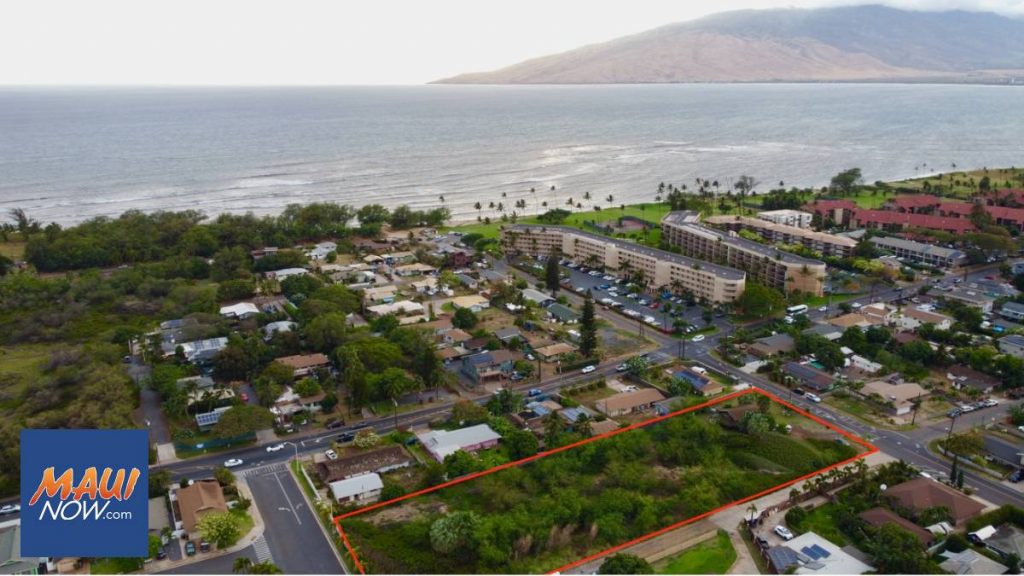Maui council votes to stop 100% affordable Hale Waipuʻilani housing project in Kīhei

After area residents voiced strong opposition to Hale Waipu’ilani over flooding, traffic and density concerns, Maui County Council during its recessed meeting Monday killed the 100% affordable housing project pitching 28 units in Kīhei.
Hale Waipu’ilani, proposed by Alaula Builders, was aiming to build 28 for-sale units on 1.53 acres at 16 E. Waipu’ilani Road through the county’s fast-track affordable housing process.
Despite the council Affordable Housing Committee’s 6-2 vote in June to recommend the project moves forward, council on Monday reversed course and voted 6-3 against the project, citing flooding, drainage and wetland worries.
Led by Affordable Housing Committee Chairman Gabe Johnson, council members against the project also included Kelly King, Shane Sinenci, Mike Molina, Keani Rawlins-Fernandez and Tamara Paltin; those supporting the project were Alice Lee, Tasha Kama and Yuki Lei Sugimura.
“It has nothing to do with the developer, it has everything to do with location,” said King, whose residency seat covers South Maui.
Council members who originally supported the project in committee said then that the decision was a tough one, but ultimately came down to affordable versus market-rate housing.
The parcel is fully entitled and developers said they will build market-rate homes if the affordable project does not move ahead. County officials confirmed in a past meeting that public input is not needed to advance on a market-rate development. Also, some area community members testified that they would prefer fewer market-rate homes over a higher-density affordable project.
After the vote Monday, Lawrence Carnicelli, Alaula Builders vice president of development, said developers will go back to the drawing board.
“Reluctantly all options are now on the table,” he told Maui Now. “We already have people interested, so we’ll see how things unfold.”
After council members opposed the project over “location, location, location,” Kama countered the claims, saying that the housing crisis is so dire that it’s resulting in the “relocation, relocation, relocation” of local people.
“I realize the decisions of this council is going to be the life and death of other people,” she said. “For me, I choose life. I choose to give our people opportunity. We should give them the opportunity to choose. Because it is their life on the line not ours, not the neighbors, who have been living with those conditions for years.”







_1768613517521.webp)






